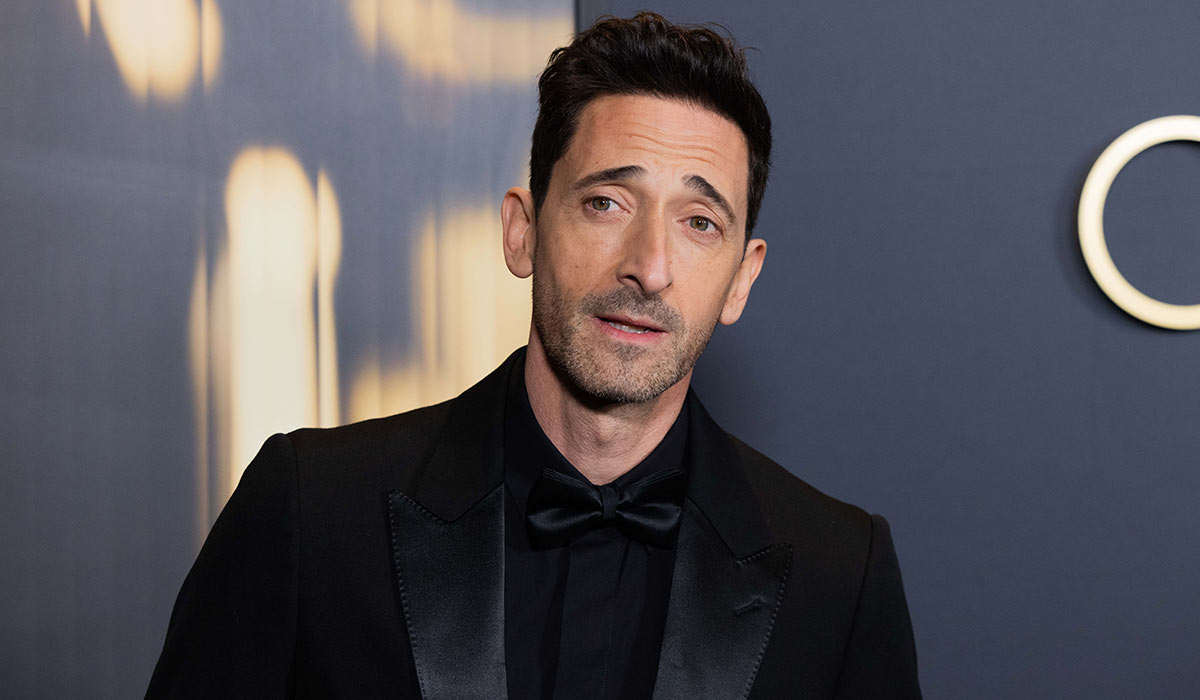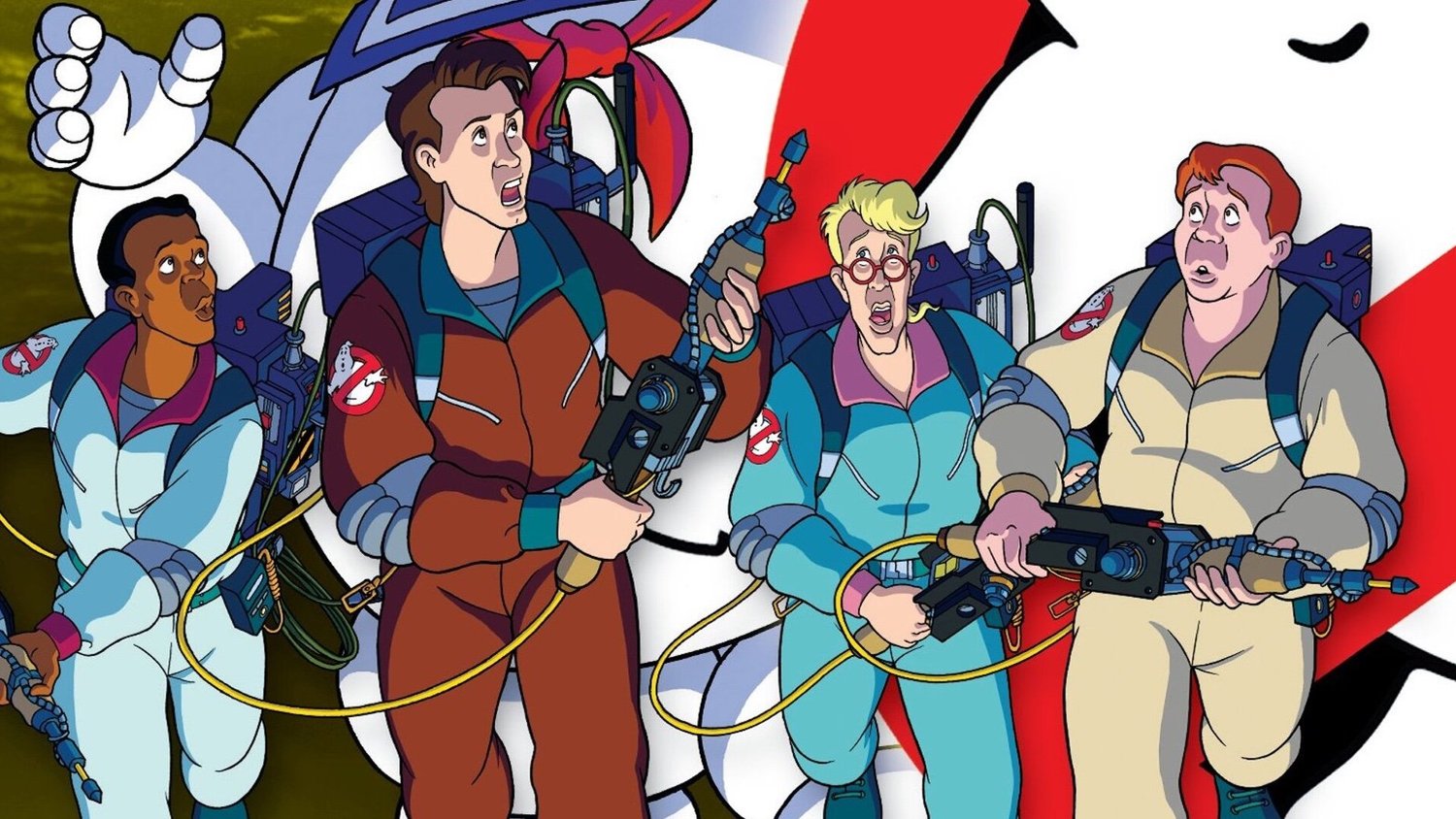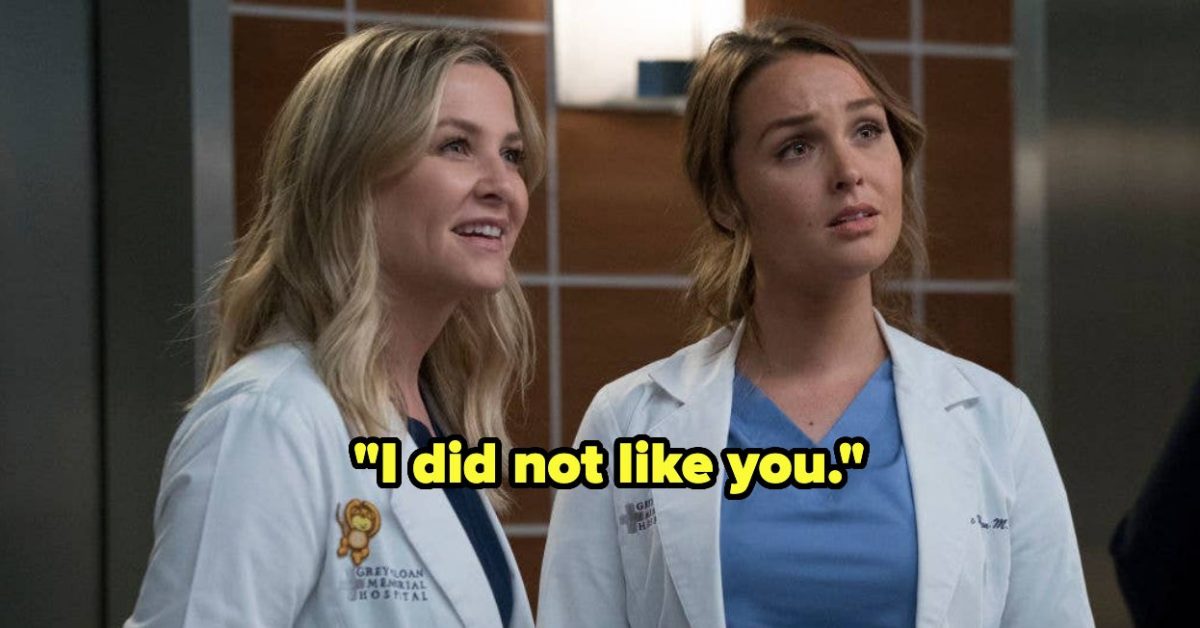
‘I Have A Need to Constantly Be Cooking Creatively’
Dec 24, 2024
Adrien Brody is having something of a renaissance. Well, at least in the larger public eye, he is. An Oscar winner for “The Pianist” two decades ago, that moment spurred roles in blockbusters such as Peter Jackson’s “King Kong” and M. Night Shyamalan’s “The Village.” He has been a regular in the Wes Anderson ensemble, appearing in “The Grand Budapest Hotel,” “Fantastic Mr. Fox,” and “The French Dispatch,” to name a few. He appeared in Woody Allen‘s last great movie, “Midnight in Paris” (if we’re allowed to remember that film anymore), and he recently channeled the legendary basketball coach Pat Riley in the underrated HBO series “Winning Time: The Rise and Fall of the Laker Dynasty.” Brody may not have become a box-office superstar, but he’s always been around. Not only doing the work but stellar work. Two years ago, in a twist of fate, he landed a role that may take him back to the Academy Awards mountain top, that of a fictional immigrant, László Tóth, in Brady Corbet’s celebrated drama, “The Brutalist.”
READ MORE: ‘The Brutalist’ Director Brady Corbet’s Next Film Is Another Immigration Story With A Horror Twist
An original story from Corbet and co-screenwriter Mona Fastvold, “The Brutalist,” follows László as he arrives in America following the Second World War. A renowned architect in his native Hungary, he has survived the Holocaust but is separated from his wife (Felicity Jones) and niece (Raffey Cassidy), who remain in Europe. Battling a series of personal and professional obstacles, many out of his control, his life takes a turn when he meets a wealthy industrialist (Guy Pearce) who is intrigued by his architectural vision.
Brody’s mother, Sylvia Plachy, is a renowned New York City photographer who was born in Budapest, Hungary, in 1943. She immigrated to the United States as a teenager in 1958. Brody says it was “very important” that she gave him a “thumbs up” after seeing the film.
“I remember she came to visit me in Hungary, and there was a sequence [where] I was speaking in Hungarian, and she kept correcting me, and she was giving me more like acting direction. More than just dialect. And I was really kind of frustrated,” Brody says. “I was like, ‘Mom,’ she’s like, ‘You would say it like this way. And he wouldn’t say it that way; he would say it this way.’ But it was more like an acting direction rather than ‘This should be an inflection on this word.’ It was very funny.”
During our conversation late last month, Brody reflected on his recent Best Actor win from the New York Film Critics Circle (he’s since earned a Golden Globe and Critics Choice Awards nominations), how intrigued he was by Brody’s vision when they first met, and how roles such as László spark his creativity.
Please note, that some third-act plot points are revealed at the end of this interview.
____
The Playlist: Congratulations on the New York Film Critic Circle Award for Best Actor. What did that win mean to you?
Adrien Brody: Man, it’s nice when people who you respect and whose knowledge and understanding of film single you out in a positive way. They also have the right to single you out. But I’m very moved by it. I am very moved, and I am very appreciative of it. There’s just something special I’ve been saying. I’ve been reading such beautiful, eloquent not just reviews of the film but of an understanding of the thank you of how dissections of the film and understanding all the nuances and all that went into it and Brady’s work, work, and [production designer] Judy Becker’s work. And it’s just so nice to see all of that creativity that’s been poured into this and all that hard work to be seen and acknowledged and to be a part of something like this. And so it is great. I’m very honored.
What was your initial reaction to the script?
I think initially I was so moved by it, just the breadth of it and the nuance and the writing and how it spoke to both the immigrant experience that although it’s referencing the past, how it speaks to something that still exists today and how all these people that have contributed so much are not. And [how it] assimilates the fact that they’re not quite ever equals, they’re still foreigners. And how I can relate to that through my own family’s journey, fleeing Hungary in ’56, and my mother’s journey as a New York photographer and artist, and all of what she and my grandparents had overcome and how her experiences of loss have influenced her as a person. And subsequently, her work as an artist and how that has influenced my work and yearnings as an artist and how that all relates to the lived journey that the characters experienced. So, I felt like who else could play this role with the level of understanding that I’ve just come to the table with? Let alone the preparation that I will do to work towards the nuances of dialects and building a character. But at least I have a foundation already, so we can get started on building the monument together.
I’m sure you tell your mom about a majority of the projects you’re working on, but did her ears perk up when you mentioned this? Was she at least curious?
Yeah, it’s interesting that you say that. I don’t really talk about movies until they’re underway. Not anymore. When I was younger, my dad was actually wonderful and would read most things with me, and we’d discuss why I should or should not do certain films. It was always nice to have him as a sounding board. My mom and I talked on a more creative level later, and she’s visited pretty much every single film or television project in my entire career since I was 12. Almost every single set. And god knows how many years. I’ve lost count, but usually, it’s well underway, and we’re talking about it, but I don’t really like to talk about things until they’re a done deal.
You’ve made so many great films though, but did this one mean more to your parents?
My mother, just because it really not only speaks to her journey, but I used her father, my grandfather, as the guide for what László sounded. Certain behavioral traits that I remember from my childhood that were very specifically Hungarian and beyond the dialect. But my research and my work with the dialect coach was specifically to find sources from the fifties that were of the era of my grandfather at that time coming to America as he stumbled through speaking broken English with his Hungarian accent. That was very important, and it was very important that my mom gave me the thumbs up in seeing the film. I remember she came to visit me in Hungary, and there was a sequence [where] I was speaking in Hungarian, and she kept correcting me, and she was giving me more like acting direction. More than just dialect. And I was really kind of frustrated. I was like, “Mom,” she’s like, “You would say it like this way. And he wouldn’t say it that way, he would say it this way,” but it was more like an acting direction rather than “This should be an inflection on this word.” It was very funny.
When you finally spoke to Brady about it, was there anything that was most important that you felt he conveyed to you about what he wanted in Laslo? Or was he like, “Read the script, go with it, it’s your journey”?
Well, no, it wasn’t my journey. It wasn’t. [Corbet] ended up going with somebody else, and then it became my journey again. I read this about five and a half years ago, but when I met with Brady initially, I just was so in awe with his eloquence and his understanding of life and film and art. And in our initial meeting, I remember thinking he really talks a big game, and I didn’t know him. And I liked his work, and I’d seen his films, and they’re quite special, but he exceeded my own expectations of what he would achieve with the material.
Did you realize that on set or was it not until you saw the final film?
Oh yeah, no, we got to know each other, and we were together 14, 15 hours a day, six days a week, spanning a 30-year timeframe for this man that I’m portraying. And I’m with Brady every day, and we are discussing moment to moment all of these details. And we were remarkably in alignment. He was incredibly considerate and thoughtful, and understanding of the actor’s process and, incredibly creative in his storytelling, and astute in his understanding of this immigrant struggle that I related to. And also how personal it is because of his journey as a filmmaker, as a director, and his aspirations and how hard it is in a system to do work that is uncompromised. In order to be fearless, it doesn’t mean you don’t have fear. It means you have to face that fear and the potential for losing those battles in order to fight for what is most important to you in the work that you want to leave behind. And he did that and triumphed, and I’m very impressed by that. And he did it with grace.
László is. fighter. He’s fighting for his artistic vision through most of the film. There’s a time jump before the last short act of the film and you wonder “I don’t know what will happen to him next.” We then discover he’s had an incredible career. What do you think is inherent to him that makes him continue to fight and to eventually flourish?
I don’t know if you can put your finger on what that quality is. It just exists, or it doesn’t, right? A lot of people possess it. It’s a matter of harnessing it and knowing it’s a compulsion. I have it. I have a need to constantly be cooking creatively. I just have to be. So, it doesn’t necessarily mean you’ll become successful in all of your creative endeavors, but it means that you’re going to commit, and you’re going to work to exhaustion and beyond, and you’re going to pour what you can. I just finished doing this play in London, [“The Fear of 13”]. We did eight shows a week, and every day, one of the actors would say, “Leave it all on the stage.” And every day, I did my best to put behind all of my own personal stuff. All of the responsibilities in supporting this film and be on that stage and be present and rooted. And pour my emotions into representing that topic of injustice, where I played a man who was wrongly imprisoned for 22 years. Pour it all out there and give it, and then pick myself up. And then we deal with this stuff. And it’s incredibly rewarding when you’re able to do it. So, that is the motivation when you are finding moments of great creative inspiration or surrounded by people who are also inspiring creatively to push and harness it and find those opportunities and try and build those opportunities. I think that’s what it comes down to. And that’s something I know in my mother’s work, and it’s something I see in Brady’s work and many filmmakers I’ve worked with before. It’s just you got to be tenacious, and you got to roll with the punches.
“The Brutalist” opens in NY and LA on Friday.
Publisher: Source link
Guess The Missing Word: Christmas Song Titles
The holidays are here, and there's no better way to ring it all in than a seasonal song or two. So test your yuletide knowledge by identifying the missing word in the 14 holiday songs below. Good luck! Disclaimer: The…
Dec 26, 2024
Score an Extra 40% off Fashion & More
Our writers and editors independently determine what we cover and recommend. When you buy through our links, E! may earn a commission. Learn more. Even on Christmas Day, Anthropologie has your back with an extra 40% off sale that’s practically a…
Dec 26, 2024
"We Despised Each Other So Much That It Read As Love": 13 Costar Duos Who Did NOT Get Along
Diane Kruger said, "It kind of sucked. He's dead, so I can say that. But he wasn't the most pleasant person."View Entire Post › Disclaimer: This story is auto-aggregated by a computer program and has not been created or edited…
Dec 25, 2024
19 Best Experience Gifts for Everyone on Your List
Our writers and editors independently determine what we cover and recommend. When you buy through our links, E! may earn a commission. Learn more. As the holidays approach, the last loved one on your list is usually the hardest person to…
Dec 25, 2024











